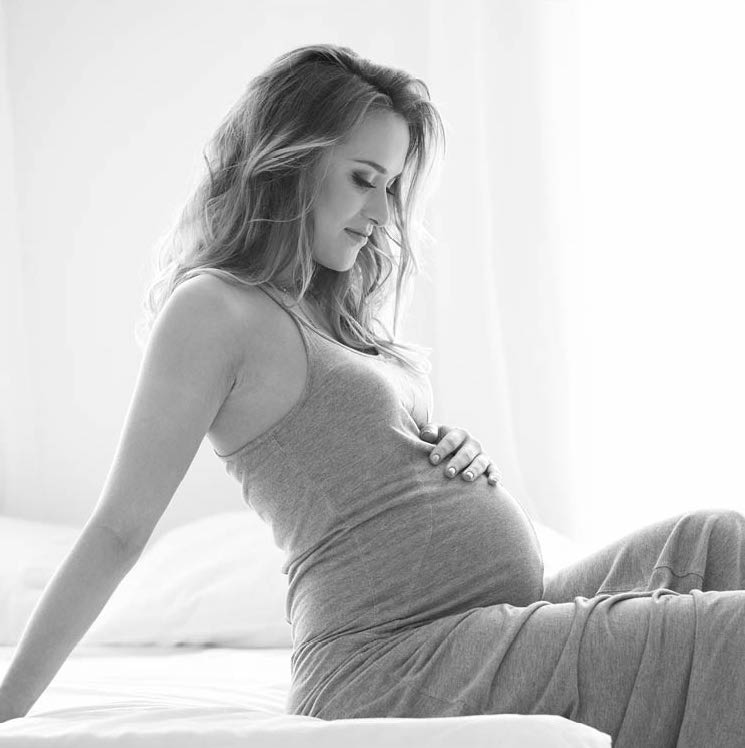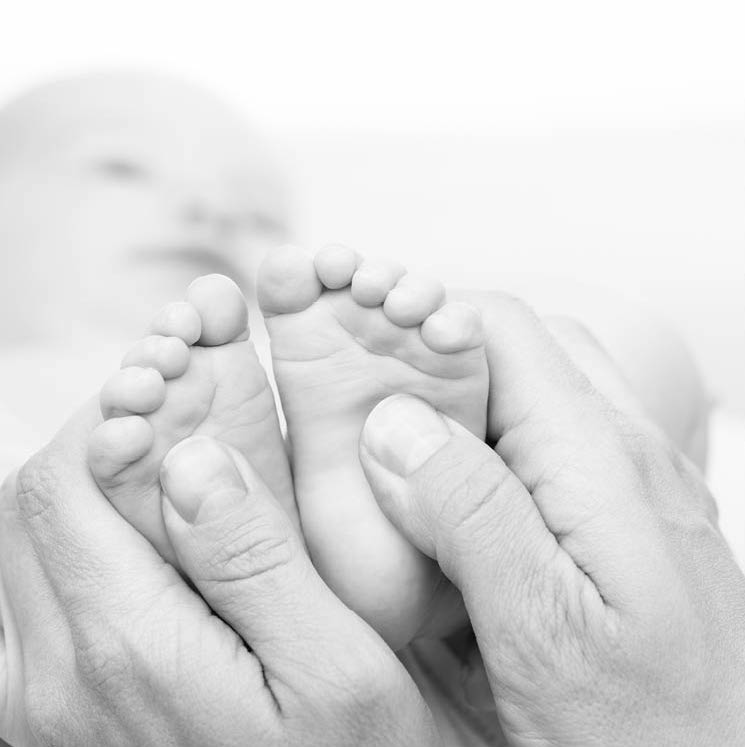Dizziness is typically a minor annoyance, but it can also interfere with daily life when it becomes frequent or is accompanied by nausea or other distressing symptoms.
Dizziness and vertigo are two different conditions although they are often used interchangeably. Dizziness commonly occurs after standing up too quickly or after getting off an amusement park ride and is the sensation of perpetually spinning. This type of dizziness will usually subside within a few minutes and is not generally related to any underlying medical conditions.
The feeling of an individual or everything around them spinning is known as vertigo and usually results from one or more significant medical issues. The following guide has been put together by our vertigo and dizziness chiropractor at Vital Wellness Center to help explain some causes of these conditions and how we can help.
Vertigo and Dizziness Common Causes
As mentioned above, dizziness is usually brought on by an obvious, immediate cause and will resolve on its own. Vertigo stems from underlying medical issues. Two types of vertigo are peripheral and central vertigo, and each is caused by different medical conditions.
Peripheral Vertigo
The most common type of vertigo is caused by structural issues in the inner ear and is called peripheral vertigo. This condition begins abruptly and usually has some distressing symptoms including severe nausea and vomiting. These symptoms can occur unpredictably and can vary in intensity since peripheral vertigo is affected by head movement and positioning. Peripheral vertigo is most frequently caused by some of the following inner ear conditions.
Meniere’s Disease
An inner ear condition that causes vertigo and other symptoms like hearing loss, ringing in the ears, and a feeling of pressure in the ear is called Meniere’s disease. This condition usually occurs in one ear, and vertigo spells can last from 20 minutes to 24 hours each.
Labyrinthitis or Inner Ear Infection
Infections cause inflammation, and when the inner ear is inflamed after an infection one can experience nausea, painful pressure, altered balance, and reduced hearing. Labyrinthitis can occur within minutes to hours, and patients can experience other symptoms aside from vertigo including imbalance, nausea, vomiting, and jerky eye movements which can have an impact on vision.
Vestibular Neuritis
Measles, chickenpox, or other viral infections can cause issues with the vestibular nerve. Vestibular neuritis can cause unrelenting vertigo because the vestibular nerve is the bridge between the brain and the inner ear. This condition has the same symptoms as labyrinthitis and can begin just as abruptly, but there is usually no hearing loss with vestibular neuritis.
Benign Paroxysmal Positional Vertigo (BPPV)
The most common cause of peripheral vertigo in persons aged 65 and older is benign paroxysmal positional vertigo, or BPPV. The calcium crystals in the ear can be moved from their proper position with head motions, such as turning the head. When the crystals are in the wrong place, the brain interprets this movement as sudden swaying or spinning since it thinks the head is in motion. This can result in feelings of intense dizziness, lightheadedness, and other symptoms of vertigo in people with this condition.
Central Vertigo
The roots of central vertigo are within the brain and spinal cord or central nervous system. There is no impact on this condition with head movement or changes in position, but it produces chronic, mild symptoms and occurs gradually. Varying degrees of nausea and vomiting may also be caused by central vertigo.
Multiple Sclerosis
A disease that affects the brain and spinal cord nerves is called multiple sclerosis, or MS. Central vertigo can persist for days or weeks but is usually not very severe for individuals with MS.
Migraine Headaches
People who are prone to migraine headaches often have central vertigo, even if they don’t have a migraine. Central vertigo can be continual or depend on bodily position and can last up to 24 hours in people vulnerable to migraines.
Head or Neck Trauma
A head or neck injury can result in spinal misalignment which can cause the spine to compress or displace the nerves. This is known as spinal subluxation. This condition may interfere with the ability of the nerves to carry sensory signals and cause the brain to have an altered perception of movement.
Cervical Spondylosis Degeneration
The age-related wearing down of the discs in the neck or cervical spine is called cervical spondylosis. When this occurs, there is additional pressure on the spinal nerves since the discs normally act as shock absorbers. Blood flow to the brain and inner ear is also reduced. Nerve communication to the brain relating to movement is missing, altered, or diminished which leads to central vertigo.
Other Causes of Vertigo
Circulatory issues, air pressure changes, motion sickness, or drug and alcohol use may be some other causes of vertigo. It is always important to seek medical care for vertigo since it can also be caused by a brain tumor or exposure to toxins.
Vertigo and Dizziness Symptoms
Symptoms can lead someone to search the internet for a dizziness chiropractor near me or they can be very mild. They may also constantly or unpredictably occur. Some of the most frequent symptoms reported to our vertigo chiropractor at Vital Wellness Center are as follows:
- Blurry vision
- Double vision
- Difficulty with balance
- Constant fatigue
- Ringing in the ears
- Reduced hearing, typically in one ear
How Chiropractic Care Can Help Vertigo and Dizziness
Our chiropractor for vertigo and dizziness has the tools to help patients considering balance depends so much on nerve function. When patients come to Vital Wellness Center for chiropractic for vertigo and dizziness, we begin with a detailed evaluation including a physical exam and scans, if necessary. We will then verify a diagnosis of vertigo using the Dix-Hallpike maneuver once we have determined they suffer from this condition. Two more methods we use to find the root cause of dizziness and vertigo symptoms are detailed interviews and movement analysis.
Holistic Care for Vertigo and Dizziness
Vital Wellness Center offers holistic care once we’ve found the root cause of a patient’s vertigo which may include a prescribed series of at-home exercises.
Spinal Manipulation
Removing subluxation through spinal manipulation helps to restore the free flow of information between the brain and body since movement and balance depend so much on nerve communication. Balance, blood flow, and immune function are impacted by the nerves traveling between the upper neck and inner ear. Our vertigo chiropractor at Vital Wellness Center uses their hands to gently coax this region back into proper alignment.
Canalith Repositioning Procedure
The canalith repositioning procedure involves placing the head in a series of four positions and is designed for patients with BPPV. Each position is important and held for 30 to 45 seconds. These positions are meant to move the calcium crystals back into a safe location.
Epley’s Maneuver
Another technique used to bring inner ear crystals back into proper position is called Epley’s maneuver. The movements are different when compared to the canalith repositioning procedure, but the goal is the same. This technique repositions the entire body, not just the head. Each position is held for 30 seconds and the movements differ depending on which ear is affected.
Prescribed Movement
Vital Wellness Center is very careful when designing any movement program for individuals with vertigo or dizziness since movement relies on balance. These prescribed, gentle exercises keep the head as stationary as possible.
The Brandt-Daroff habituation exercise is one example of the exercises we provide. This involves the patient sitting on the edge of the bed while turning their head 45 degrees. Then, they quickly lie down on the side opposite the direction of the head turn. Consistently doing this exercise at home is one way of repositioning inner ear crystals.
Chiropractic Care for Vertigo and Dizziness
Many people think they must live with their vertigo and ignore their dizziness. We have excellent news, whether you fall into one or both of these categories. Our vertigo and dizziness chiropractor at Vital Wellness Center is committed to helping you find solutions to minimize nausea, dizziness, and other symptoms, so call us today to find out what we can do for you.
Other Services





















